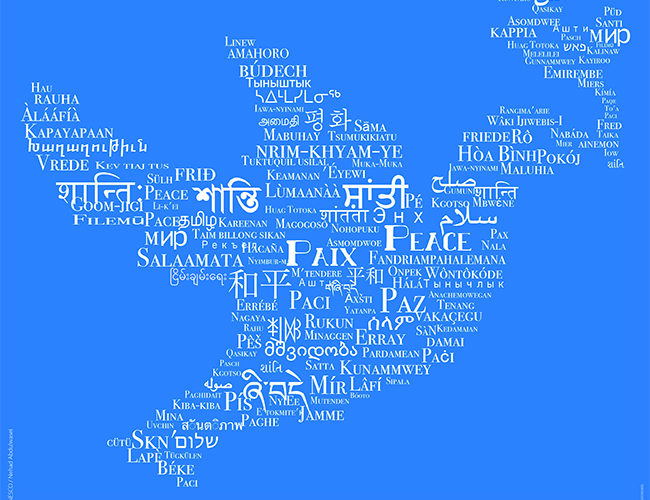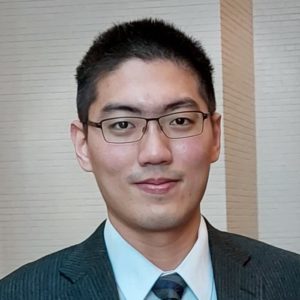我未曾理解國際母語日

2022-02-22 05:00:00
塔什肯.多萊特(Tashken Davlet), 維吾爾人權項目(
在臺灣長大的我,感覺一輩子都在說國語(又稱漢語、華語、
但觀察我祖父母使用多種語言的不同情境與情緒後,
語言可以伴隨情感。當我的家人使用臺灣閩南語(又稱臺語)時,
語言也是一種羈絆,與特定的時代記憶連結。
很不幸的,語言也能作為壓迫的工具。當臺灣人使用國語時,
從過往諸多政權的語言壓迫政策,到當今的自由民主社會,
語言承載著文化重量,人們的生活方式鑲嵌在他們的語言中。
我相信自由的學習與使用語言不應該是個特權而是基本權利。
世人皆知中國共產黨是一個高壓獨裁政權,
我有幸能體驗到維吾爾語言、藝術和文化的美麗之處,
我希望為那些不能自由地說自己的語言、不能發表自己的想法、
By Tashken Davlet
I grew up in Taiwan and spoke only Mandarin for most of my life. When I was younger, I assumed the importance of language is to communicate, to exchange thoughts with other people, so whichever language that is used the most should be the one that we learn and use.
Then from observing my grandparents speak multiple languages, I learned that languages are more than that.
Languages possess sentimental value. When my family speaks in Taiwanese Hokkien, it goes with the feeling of intimacy, the feeling when you’re surrounded by family members and the warmth of their caring.
Languages can be a bond among those who share memories of a certain era. When the older Taiwanese people speak in Japanese, there’s this unique feeling of belonging. It’s a language of foreign invasion, colonialism, and a World War.
Languages can indeed be used as a tool of oppression. When we speak Mandarin in Taiwan, it’s the language of the professional side of life, of economic growth, of higher education, but it also tells the history of one of the world’s longest martial law periods under the Kuomintang.
From all the oppressive language policies of different historic regimes, to the free country that it is today, Taiwan has come a long way. Nowadays when one gets on board our public transport services, you can hear the broadcast in at least three languages that are most used in our society: Mandarin, Taiwanese Hokkien, and Taiwanese Hakka.
Languages carry the weight of their respective cultures, the way of living for those who use them. And they evolve with the people, with the land and their stories. It’s like a collective art of humankind.
I believe it shouldn’t be a privilege but rather a right to learn and speak whatever language you want. But as I’m enjoying my linguistic freedom, I know others are not so lucky, just like the older generation of Taiwanese people who have been through the Kōminka movement (Japanization) and the following martial law period.
It should be no news that the Chinese Communist Party is an oppressive regime, and its campaign to seize total control and mute different opinions has reached a genocidal level. Looking back at history, I believe inclusiveness is what makes a civilization strong, but the China we see today has an atmosphere of increasing uniformity and rejection of diversity.
I’ve glimpsed the beauty of the Uyghur language, art and culture. It’s a graceful and well-developed culture, and it’s something the Uyghur people take pride in. But to truly understand the Uyghur culture and pass on the torch of identity, language is the most vital tool. I fear the genocide and cultural destruction targeting Uyghurs is on track to rob the world of an invaluable treasure.
I wish to fight for those who cannot speak their language freely, who cannot speak in their own voice, and face even worse oppression. Let Mother Language Day be not only a celebration of this beautiful art of ours but also a rallying cry to join the fight for those who are stripped of such beauty!

